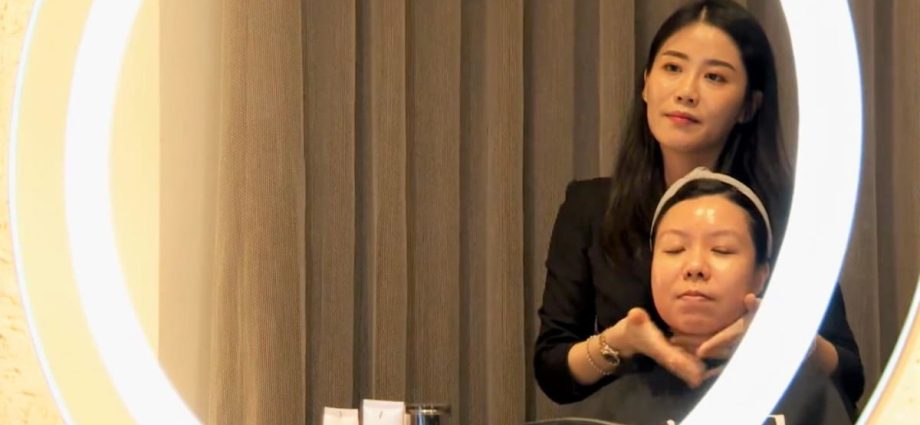
According to the Singapore Food Agency, food labels and advertisements should not contain promises that a product can prevent, alleviate or cure any disease.
The Direct Selling Association of Singapore (DSAS), meanwhile, said it does not, as a trade body, have the legal standing to tell bad apples in the industry to shut down. But it can control who it admits as corporate members.
Prospective members must submit a report on their compliance with Singapore’s laws, said Jeffrey Chang, the association’s second vice-chairman.
They also must “submit all their marketing material”, which the association will examine for exaggerated claims about income that can be earned and about its products.
Customers of all DSAS member companies are allowed to back out of their purchases during a seven-day cooling-off period, added Chang, whose association has 26 members now.
‘IF I’M LUCKY, I COULD BECOME LIKE THEM’
Amid scepticism over product claims and negative accounts of sellers’ tactics, why does MLM continue to attract distributors? Because of the perks that come with success, Talking Point found. And not all MLM firms adopt the same methods, distributors say.
When Chanee Yap first encountered MLM firm Best World International, she found it “quite different” from others. She went to a demonstration of its skincare products without being asked to buy any, she said. It made her feel “more comfortable”.

